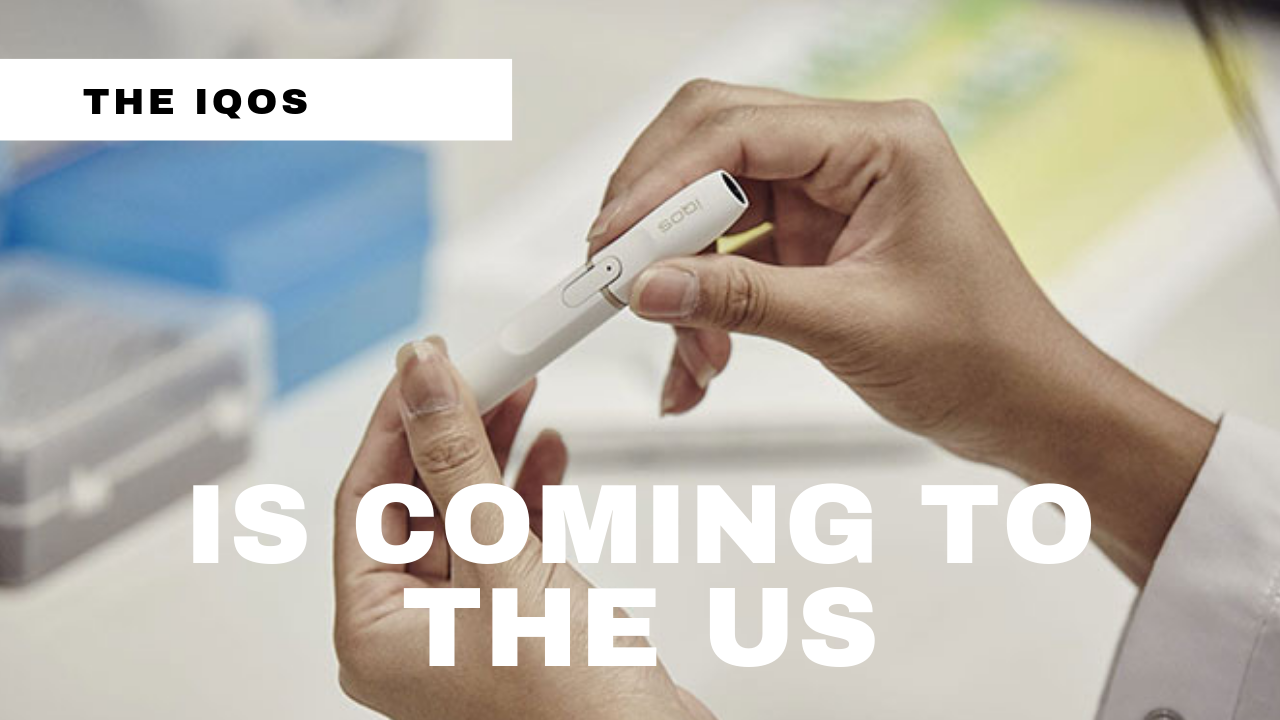Phillip Morris (PMI) has been trying to get their “heat-not-burn” product, the IQOS, approved to be sold in the U.S. for years now. If you’re not familiar with the IQOS, it’s an electronic device that heats tobacco-filled sticks, branded as Heatsticks at PMI, to the point of creating vapor, but it doesn’t get hot enough to burn the tobacco and create smoke. These Heatsticks look a lot like cigarettes, but they’re shorter and have ingredients like VG or PG that allows them to be vaporized. The IQOS has been hugely successful in other countries, so obviously, PMI wants to sell them in the U.S. too.
What’s the PMTA Process?
When vape products were classified as tobacco products in 2016, that meant that they were subject to the same regulations as cigarettes and also regulated under the Tobacco Control Act. Part of the Tobacco Control Act requires that tobacco companies submit a request to market their products to consumers via the Premarket Tobacco Product Application process (PMTA).
To be granted this approval, a manufacturer needs to submit non-clinical and clinical studies that show that their products aren’t any worse than products currently on the market and that they can protect public health. The FDA also considers whether or not the new product is likely to increase the likelihood that a non-user would start using them, more specifically, youth. According to the FDA (see this article from NYTimes), the IQOS hasn’t attracted use among teenagers in areas it’s currently sold such as Japan and Italy.
Two Years and a Billion Dollars Later
So Phillip Morris has finally met all requirements, but not without a lot of challenges.
In 2017, Phillip Morris submitted their original PMTA request to the FDA.
With lots of back and forth with the FDA over the years, including resubmitting new labels, sending ongoing data, updating study data at the request of the FDA and so on, the FDA finally gave their approval. PMI also submitted a modified risk tobacco product application, or MRTP, which would allow them to also claim in marketing materials that the IQOS has less risk than combustible cigarettes, but the FDA hasn’t approved that one yet.
Experts have estimated the cost of the PMTA process to be somewhere between $300,00 and $1 million dollars. That’s enough to put most vape companies out of business. It’s an unattainable amount of money for a small vape company. And according to Greg Conley with the American Vaping Association, Phillip Morris spent billions of dollars to get the scientific data they needed to get the IQOS approved.
What Does This Mean For Vaping?
The IQOS isn’t a traditional vape product, so PMI’s PMTA approval might not have any bearing at all for a vape company trying to get approved. It was also extremely expensive and took years to complete. Only the biggest tobacco companies are going to be able to afford a process like this.
There’s also a lot of debate within the vape community about how safe these products are. Some people say they switched to vaping to get away from tobacco. Others worry that heat sticks might have dangerous ingredients added to them by the manufacturer just like they do with cigarettes. And a lot of the vape community despise the idea of supporting a company like Phillip Morris.
But whatever side you’re on, most people agree that non-combustible, heat-not-burn products like the IQOS are still safer than smoking and it can save smokers lives. And if word spreads that these products reduce risk, it paves the way for vaping to claim the same.

